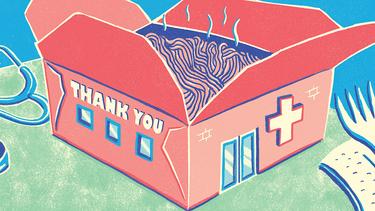COVID19
Going the Last Mile (with Evidence)
A study by Yale’s Mushfiq Mobarak and his colleagues found that nurses on motorbikes with vaccine-stocked coolers could help increase vaccination rates in rural Sierra Leone, showing that it is possible to get health interventions to the most remote and under-resourced areas cost-effectively, in ways that help ensure that the interventions are taken up and used.
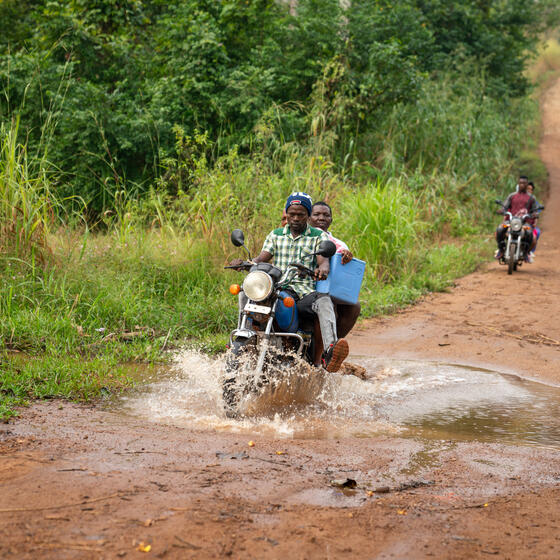
Study Examines Spread of COVID-19 among Rohingya Refugees in Bangladesh
Yale SOM’s Mushfiq Mobarak and his co-authors investigated the prevalence of the disease in the crowded refugee camps and offered recommendations to slow its spread.
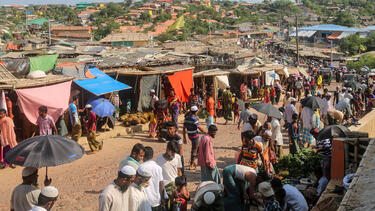
A New York City Doctor’s Perspective
Dr. Charles Powell ’19 offers a firsthand account of responding to the COVID-19 pandemic at Mount Sinai Hospital in Manhattan.
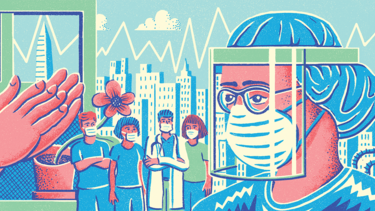
Faculty Viewpoints: Will COVID-19 Set Us on a More Sustainable Path?
In the short term, COVID-19 has brought about what activists and governments haven’t been able to achieve: a sharp drop in carbon emissions. What does the pandemic mean for the longer-term trajectory of efforts to remake our economy in a sustainable way?
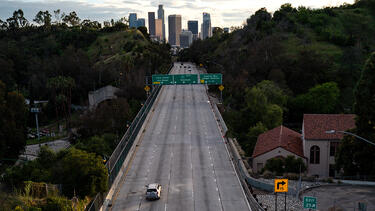
Can Mobile Cash Transfers Help the Very Poor Survive COVID-19?
In the developing world, many of those most at risk from the economic effects of COVID-19 are beyond the reach of aid programs. Yale SOM’s Kevin Donovan is testing the use of the transfers in a slum on the outskirts of Nairobi.
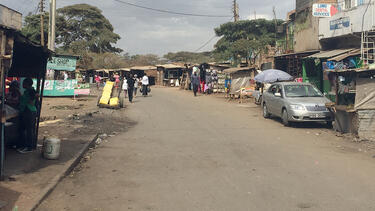
Is It Time to Reopen?
Around the United States, states are easing the restrictions imposed to slow the spread of COVID-19. We asked Yale SOM’s Dr. Howard Forman if these moves are premature and what is needed for Americans to return to school and work safely.
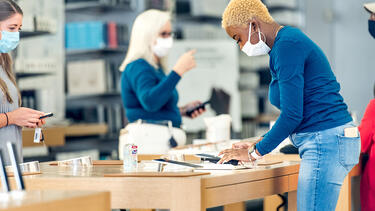
Will COVID-19 Force Us to Rethink Our Healthcare System?
Since health insurance is tied to employment in the United States, Americans are losing their insurance just as they need it most. We asked economist Fiona Scott Morton, an expert on the healthcare industry, what a better system would look like.
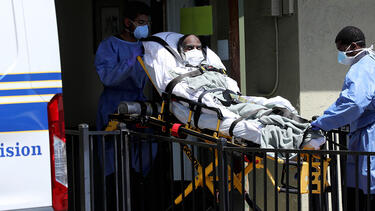
Training Girls for the Building Trades, Virtually
Demi Knight Clark, founder of She Built This City, describes how she remade a nonprofit that teaches hands-on buildings skills for a world forced to go virtual.
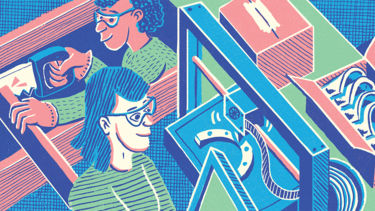
Faculty Viewpoints: The Economic Policy Response
In an online conversation, Yale faculty members discussed the steps already taken to prevent the COVID-19 crisis from turning into economic catastrophe, and the need for more effective healthcare policies.
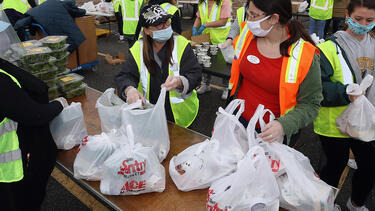
History as a Guide to the Unprecedented
Deloitte’s Jeff Schwartz ’87 sees agile, empowered teams as the way to move organizations through COVID uncertainty.
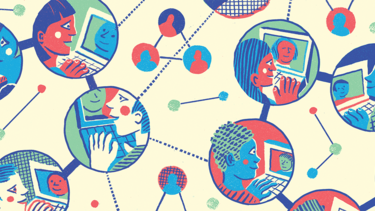
Feeding First Responders
John Wang SOM/YLS ’09, founder of the Queens Night Market, describes transforming the community camaraderie and diverse food that made the market a draw into a project to feed first responders.
